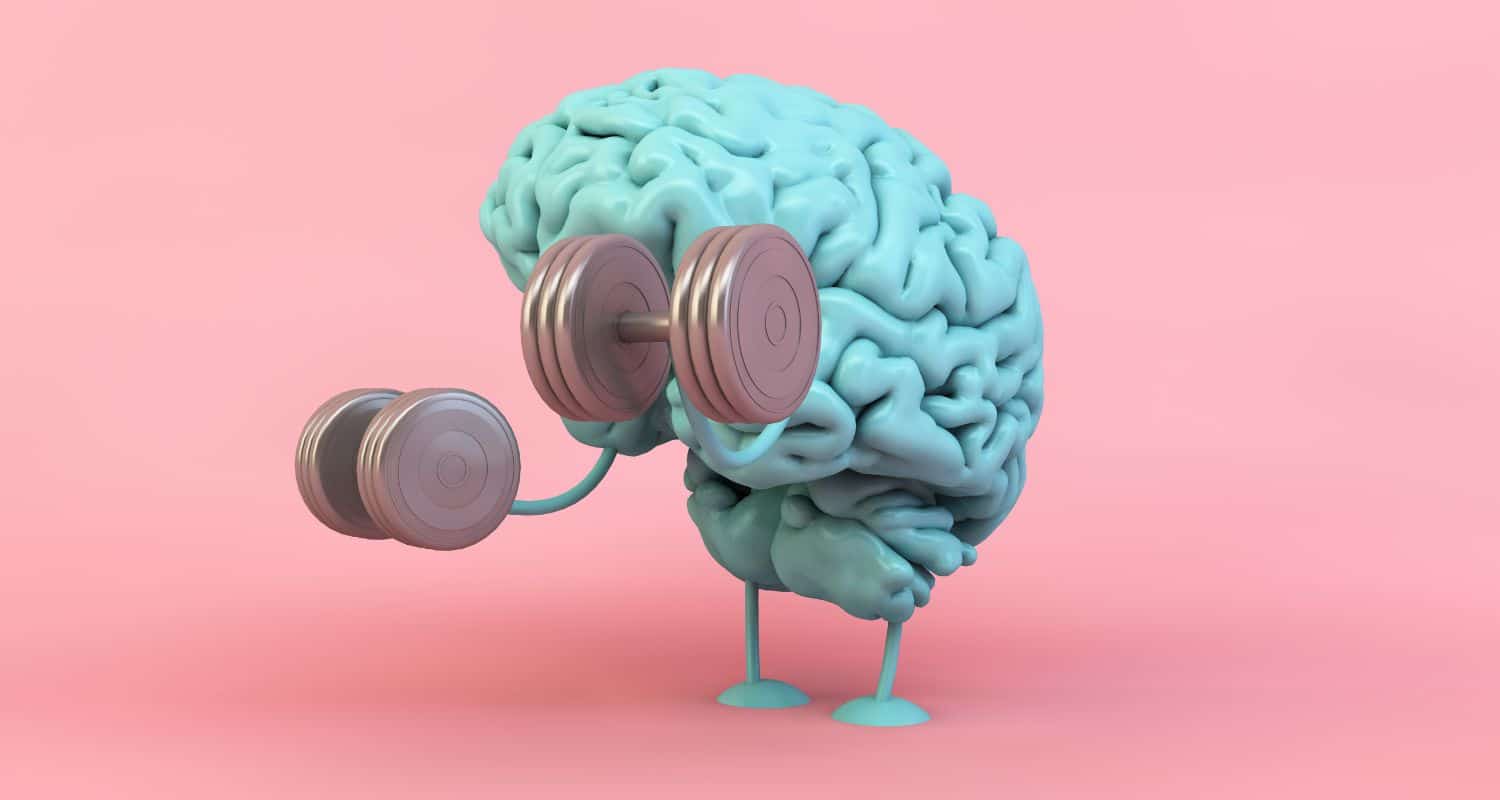
It can be difficult for anyone to hear a lot of noise. Loud noise blasting over multiple conversations can be a challenge for anyone. If you are one of the 1 in 8 people (30 million) in the US who suffer from hearing loss in both ears, then hearing in noise can present a whole new set of challenges. It can be difficult to separate the sounds you want to hear from the other noises going on at once. The location of sounds can get confusing in noise for hearing impaired people making it hard to figure out where sounds are coming from. This can be a challenge even if you do treat your hearing loss with hearing aids.
Troubles with hearing can make exciting parties and stimulating social gatherings places which cause anxiety and exhaustion instead as you find you spend most of your time not understanding what people are saying to you. The good news is that recent research suggests that there is hope for the hearing impaired to enjoy social gatherings simply by training their brain to hear in noise.
New Ideas About Brain Training
To better hear in noise, researchers at Massachusetts Eye and Ear have been exploring different methods for training your brain. They have designed a computer game that focuses on improving the ability to hear speech sounds even in noisy places. The idea is that learning to hear in sound can be fun and engaging. They believe a computer game might be the most effective way to help your brain to become a more dynamic listener amongst a host of competing noises. The researchers aim to make brain training games a part of hearing treatment in combination with hearing aids.
What is Brain Training?
The study from Massachusetts Eye and Ear had a span of 8 weeks in which they monitored brain training and its results for hearing-impaired participants. One game asked participants to identify small fluctuations in sound. When they correctly answered the video game users were able to add a piece of a jigsaw puzzle which acted as a reward system. The hopeful result of this study found that participants using this game could hear 25% more words in the presence of background noise than those who hadn’t had brain training.
Hearing in Our Brains
While we collect sound with our ears, hearing, and listening occurs in the brain. In the case of hearing loss, it is often tiny hair cells in the inner ear called stereocilia which are the sole method for sending audio signals to the brain to be processed and comprehended. When damage occurs to stereocilia it stops certain sounds from reaching the brain together leaving us with lifelong hearing loss. Certain parts of words will go missing so while many with hearing loss can hear the words it may be difficult to make sense of them. However, with practice, you can train your brain to hear these sounds even with the missing sounds. Through training, neural connections that recognize sounds are strengthened, allowing you to better differentiate sounds.
Neuroplasticity of Our Brains
This process of neuroplasticity allows your brain to adapt. When hearing loss robs you of certain tones or pitches these neural pathways you aren’t using to hear can get reassigned to other senses, like vision or touch. This means that even when you invest in hearing aids it may be difficult for your brain to hear these sounds. Some of these sounds may never return. However, with simple training, researchers believe that you can strengthen connections and make sounds you haven’t heard in years more available again.
Improve Your Hearing
If you feel that you are struggling to hear, it is important to act. We can test your hearing and find the best treatment for you. The most common treatment is hearing aids which amplify the specific sounds you struggle to hear digitally, based upon your hearing exam. While your hearing won’t be restored to its ability before hearing loss in conjunction with brain training techniques you will likely be able to enjoy social events again with improved ease, even when it’s noisy. Take the first step towards better hearing and schedule a hearing exam today.
